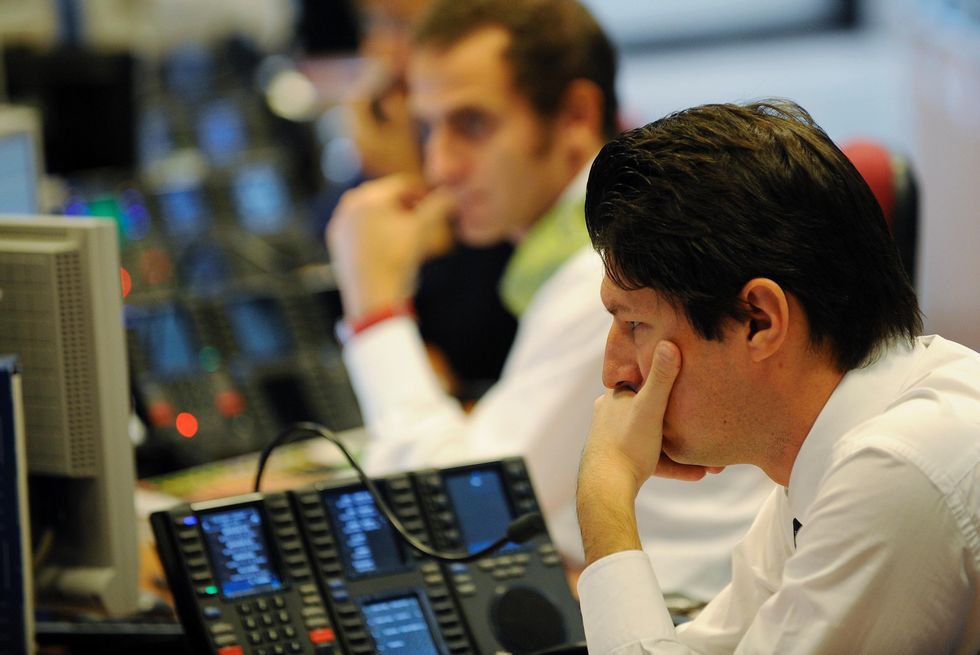Will the recession condemn the West to marginalization?
During the Great Depression, three-fourths of global GDP was accounted for by Europe and America. Today, hopes lie in countries undergoing rapid growth. But our model of democracy must be preserved.
by Vittorio Emanuele Parsi*
Once again, just to be clear, let me repeat: the problem isn't the market, it's solitude. If the social base for consumption decreases once again, if access to welfare goods and services returns to being a luxury for a select few, privilege?"this time created by the market itself?"will become an increasingly characteristic feature of our society and democracy risks what could be its definitive demise.
Because what differentiates today's crisis from the one in 1929 is that, in the meantime, our position in the world has become less central. The world has become incredibly "de-Westernized" and while we hobble along and ask ourselves to what extent we are still willing to believe in and fight to affirm our model of development, others are growing and, as they grow, affirming and implicitly imposing their own.
In 1929, when the crisis hit, the Western economy represented 74.1 percent of worldwide GDP. India and South Africa, two of the current BRICS, were, respectively, a colony and dominion of the British Crown.
China was being torn apart by a civil war that would only end in 1949 with the communist victory. Russia was in complete economic crisis and was outside the international political and economic mainstream.Brazilwas still a large agricultural country.
Today, hopes that the crisis will not become even more serious are entrusted to the BRICS and MIST (see article on page 52). Whether or not this hope actually materializes is still to be seen. In fact, there are still many unknowns weighing down on China and the possibility of profitably reconverting an economic system driven by internal more than external demand.
Specifically, this transition risks causing the explosion of contradictions implicit in the co-existence of what is still a single-party political system with an economy which must be increasingly founded on internal competition?"a scenario in which the increasing unsustainability of the monopoly of representation and power of the Communist Party becomes something more than just a possibility.
In fact, it is the case of China that demonstrates how the market without democracy produces gargantuan, and probably unsustainable, inequalities.
However, the chance that at the conclusion of this current crisis the Western principle could still continue to represent a model for the organization of the relationships between the economy and politics based on the market and democracy does not depend primarily on these developments, but on the trust and support that we in the West will be able to demonstrate for our tradition.
It is up to us and us alone to reaffirm concretely that we are not willing to sacrifice the ideal of equality that was at the base of the construction of the modern-day West.
There is still room for hope and action, and this is based on our ability to make this model function once again, starting from a rigorous re-evaluation of those mechanisms to control and guarantee the market functioning that the financial scandals which triggered the crisis in 2007 so seriously violated.
We can still do this because it is only the relationship between democracy and the market that renders effective the "rule of law" which remains the best alternative for safeguarding private property?"the cornerstone of any authentic concept of market and capitalism.
*professor of International Relations at the Università Cattolica, Milan

